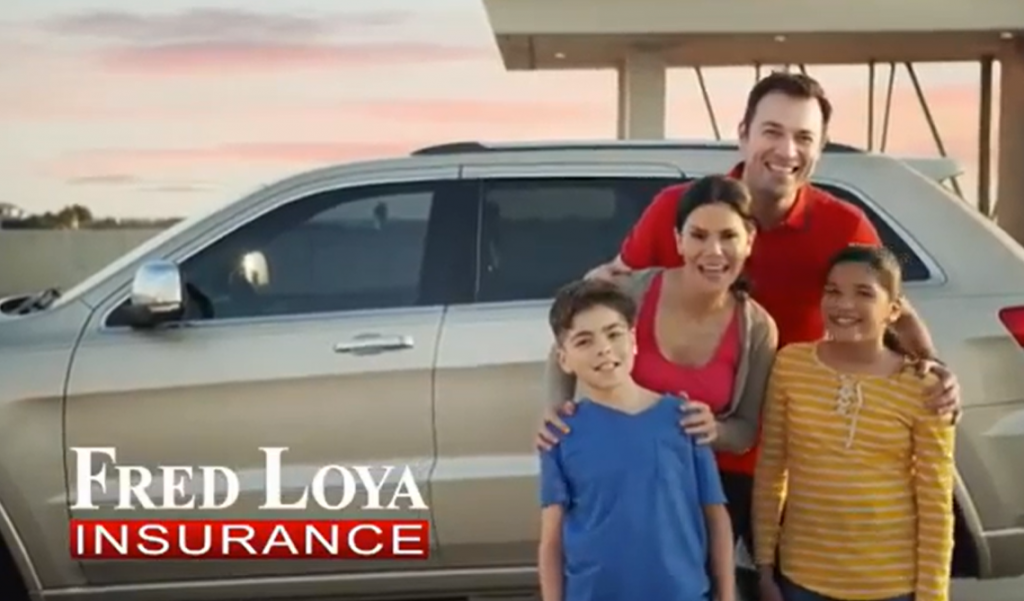Loyal Auto Insurance – Lowball Offers & Bad Faith
Best Rates from Us & Our Partners!*

Call us 855-620-9443
Best Rates from Us & Our Partners!*
If you’ve filed a claim after a crash involving a driver insured by Loyal Auto Insurance and the process feels unfair, you’re not imagining things. Many people report the same pattern: a fast “take-it-or-leave-it” offer, long stretches of silence, repeated requests for paperwork, or sudden pushback on medical treatment and repair costs.
This page is a practical guide to help you understand what may be happening, what minimum-limits coverage really means for your settlement, and how to protect your claim before you sign anything. If you want the deeper breakdown of the playbook insurers use, see lowball offers and bad-faith claim tactics.

A happy family stands proudly in front of their SUV, highlighting peace of mind that comes from having coverage in place before life happens.
One of the biggest mistakes people make is assuming the insurer will “do the right thing” automatically. Insurance claims are negotiated. If you don’t understand what your case is worth, it’s easy to accept less than you need—especially when bills are piling up and the adjuster is calling your offer “fair.”
Most carriers operate on systems designed to control claim costs. That doesn’t mean every adjuster acts in bad faith, but it does explain why certain tactics show up again and again—especially when the at-fault driver has minimum coverage limits.
If you’re dealing with these patterns, it helps to understand whether the other driver’s policy is basic liability only—and whether you may need to rely on your own uninsured/underinsured protection. Start here: uninsured vs. underinsured coverage explained.
In many states, the cheapest policies are minimum-limits liability plans. They are designed to satisfy the law—not necessarily to cover real-world losses after a serious crash. When the at-fault driver carries minimum limits, the available money can run out fast once you factor in ER care, imaging, physical therapy, missed work, and vehicle damage.
That’s why these claims often become stressful: even when liability is clear, the policy may not be large enough to pay what the case is worth. In that situation, the smartest move can be understanding your options early—especially if your own policy includes protection that can step in. Learn how the numbers work in uninsured motorist costs and out-of-pocket risk.
In certain situations, an insurer that unreasonably refuses to settle within available limits can create serious legal exposure. People sometimes call this “opening the policy,” meaning the insurer may face risk beyond the stated limits if a court finds they handled settlement opportunities unfairly.
Real-world cases get complicated quickly, but the takeaway is simple: a low limit does not automatically end the story. The details matter—especially timing, documentation, and whether reasonable settlement opportunities existed.
Online, people often mix up “Loyal” with “Loya” because of similar branding and spelling. On this site, “Loyal Auto Insurance” is used as a consumer-facing label for the kind of minimum-limits, nonstandard auto coverage many drivers encounter after crashes involving budget-focused policies.
If you’re comparing the broader ecosystem behind these brands and storefront-style agencies, you can review The Loya Insurance Group overview for context on how these companies and affiliates are often discussed together.

In-person offices can make it easy to get paperwork fast—like proof of insurance—but claim handling still depends on policy limits and documentation.
Here are five patterns that frequently show up when an insurer is trying to reduce the value of a claim. Seeing one doesn’t automatically mean misconduct—but if you see several at once, slow down and get organized.
If you’re trying to understand what protections the at-fault driver’s policy likely includes (and what it likely does not), review what liability coverage pays for and why many minimum policies still leave big gaps.
You are usually not required to give a recorded statement to the other driver’s insurer. If you do speak, keep it factual: where it happened, what you were doing, and basic timeline. Avoid guessing, exaggerating, or volunteering opinions about fault.
Injury claims can change as symptoms develop. Settling too early can leave you paying the difference later. Make sure you understand:
Organize everything in one place: photos, body-shop estimates, medical visit summaries, prescriptions, and wage-loss proof. If you need a step-by-step guide for handling a UM/UIM file, use uninsured motorist claim basics and apply the same documentation discipline to every part of your case.
If the at-fault driver has low limits, your own uninsured/underinsured coverage may be the difference between “covered” and “still stuck with bills.” If you’re unsure what you carry or what limits you should have, read essential uninsured motorist coverage limits.
You’ll find a lot of online reviews and complaint summaries for many insurers. Reviews can be useful for spotting patterns (communication issues, delays, confusing paperwork), but they don’t automatically prove wrongdoing in a specific claim.
The stronger approach is to focus on what you can control: evidence, timelines, treatment documentation, and whether the offer actually matches your damages. If you want to evaluate whether a settlement is even in the right ballpark, start by comparing typical liability scenarios using auto liability quote comparisons and looking at how limits change the outcome.
Consider getting legal advice if:
Even a short consult can help you understand whether the offer is reasonable, whether limits are a problem, and whether additional coverage may apply.
If you’re dealing with low offers or long delays, don’t sign anything until you understand what you’re giving up. The right next step depends on your injuries, your documentation, and the available limits. If you’re unsure, get professional advice and make decisions with the full picture in front of you.